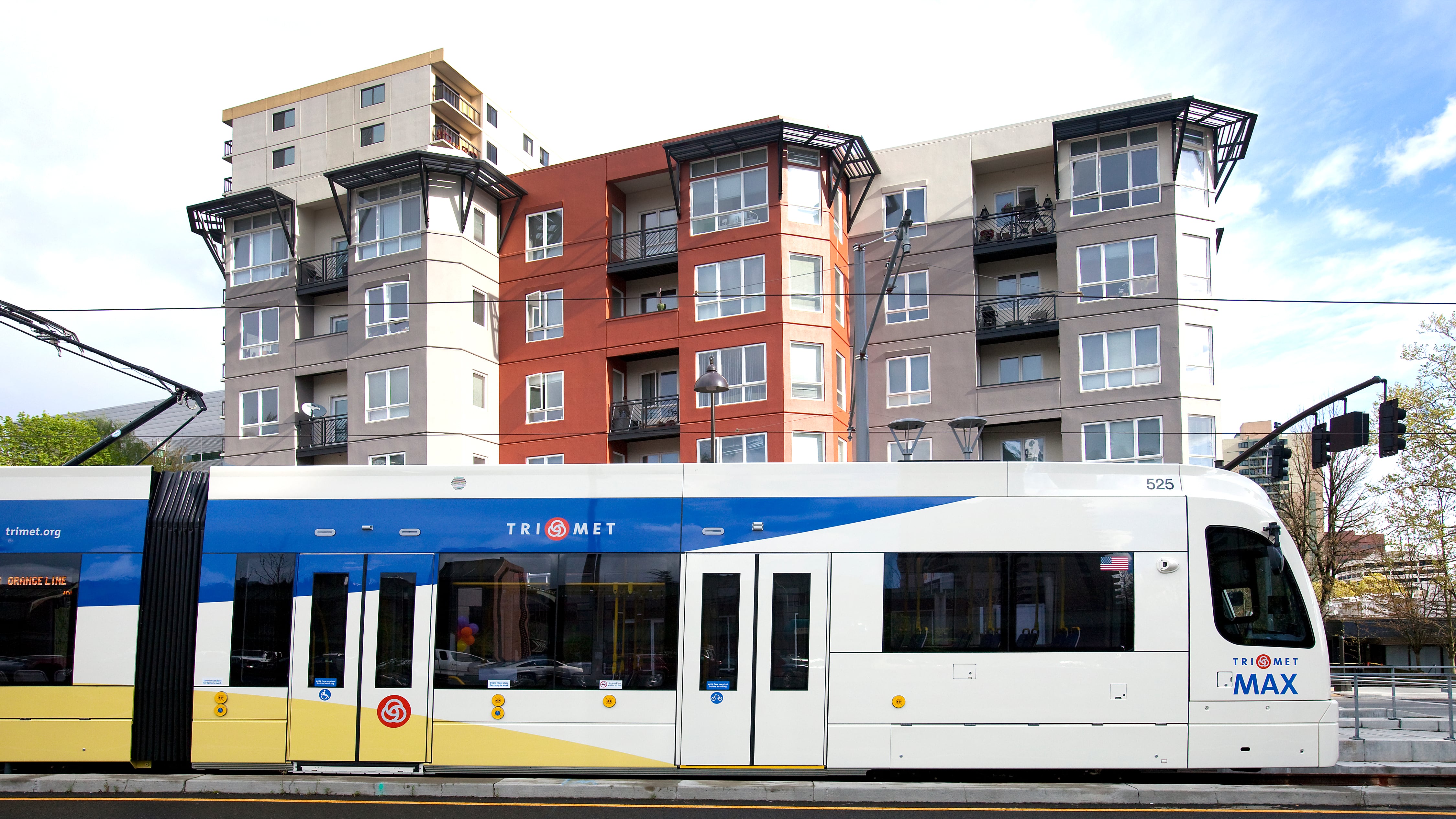A payroll tax goes before Portland-area voters in November, and key opponents and proponents appear to have switched sides on the concept since earlier this year.
Back in February, the Portland Business Alliance, Portland's chamber of commerce, pushed for a payroll tax to fund homeless services. Now the same chamber of commerce is opposing a payroll tax of up to 0.75% on companies that employ 25 or more workers to pay for the transportation measure.
Meanwhile, Metro and a coalition of advocacy groups fought off a payroll tax in February for homeless services. (The homeless services measure ultimately passed as a tax on high-income earners and business profits.) But six months later, Metro referred a payroll tax as part of the $4 billion transportation measure.
In short, Metro and business leaders have swapped positions.
"A payroll tax is vastly more resilient in bad economic times," wrote Andrew Hoan of the Portland Business Alliance in a Feb. 16 letter to Metro President Lynn Peterson.
Metro and the homeless services advocates did not agree. On Feb. 18, Metro Councilor Bob Stacey spoke out sharply against the idea of a payroll tax.
"The payroll tax is a shameful way of imposing the cost of this needed service on the working people in our region and letting the wealthy off the hook," he told WW.
Stacey does not acknowledge any change of position. He says that comparing what PBA wanted in February with what Metro referred in August is "apples and oranges." Unlike the payroll tax proposed by PBA, the transportation measure tax would be paid entirely by employers and it would be only levied on larger employers.
He says he supports both the homeless services and the transportation taxing mechanisms because of their results.
"Both of the outcomes are progressive," he says.
Hoan of the PBA, by contrast, acknowledges a switch in positions. He says that's a result of a global pandemic.
"Adding a jobs tax in a once-in-a-century jobs crisis is bad policy," he tells WW.
"We didn't switch positions, the economy did. Transportation is important to us, of course. We were working closely with Metro to craft a measure we could join with advocates to support as we did with the homeless services measure this spring. Then the pandemic hit our region and businesses began to face a deeply uncertain environment with no guarantees that they could absorb more payroll costs and maintain their commitment to employees."
